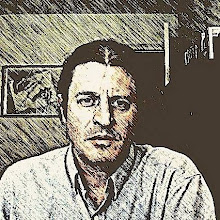HOW NON-BEING HAUNTS BEING: On Possibilities, Morality and Death Acceptance

How Non-being Haunts Being reveals how the human world is not reducible to “what is.” Human life is an open expanse of “what was” and “what will be,” “what might be” and “what should be.” It is a world of desires, dreams, fictions, historical figures, planned events, spatial and temporal distances, in a word, absent presences and present absences.
Corey Anton draws upon and integrates thinkers such as Jean-Paul Sartre, Henri Bergson, Kenneth Burke, Terrence Deacon, Lynn Margulis, R. D. Laing, Gregory Bateson, Douglas Harding, and E. M. Cioran. He discloses the moral possibilities liberated through death acceptance by showing how living beings, who are of space not merely in it, are fundamentally on loan to themselves.
A heady multidisciplinary work, How Non-being Haunts Being explores how absence, incompleteness, and negation saturate life, language, thought, and culture. It details how meaning and moral agency depend upon forms of non-being, and it argues that death acceptance in no way inevitably slides into nihilism. Thoroughgoing death acceptance, in fact, opens opportunities for deeper levels of self-understanding and for greater compassion regarding our common fate. Sure to provoke thought and to stimulate much conversation, it offers countless insights into the human condition.
How Non-being Haunts Being makes much ado about nothing. A nimble scholar and graceful writer, Corey Anton explains why and how “human experience and reality as a whole can show itself for what it is only as we grasp how nothing or non-being relates to being.” Revelatory and provocative. Timely and important.— Sheldon Solomon, Skidmore College
SEE THREE SHORT TALKS ON THE BOOK













